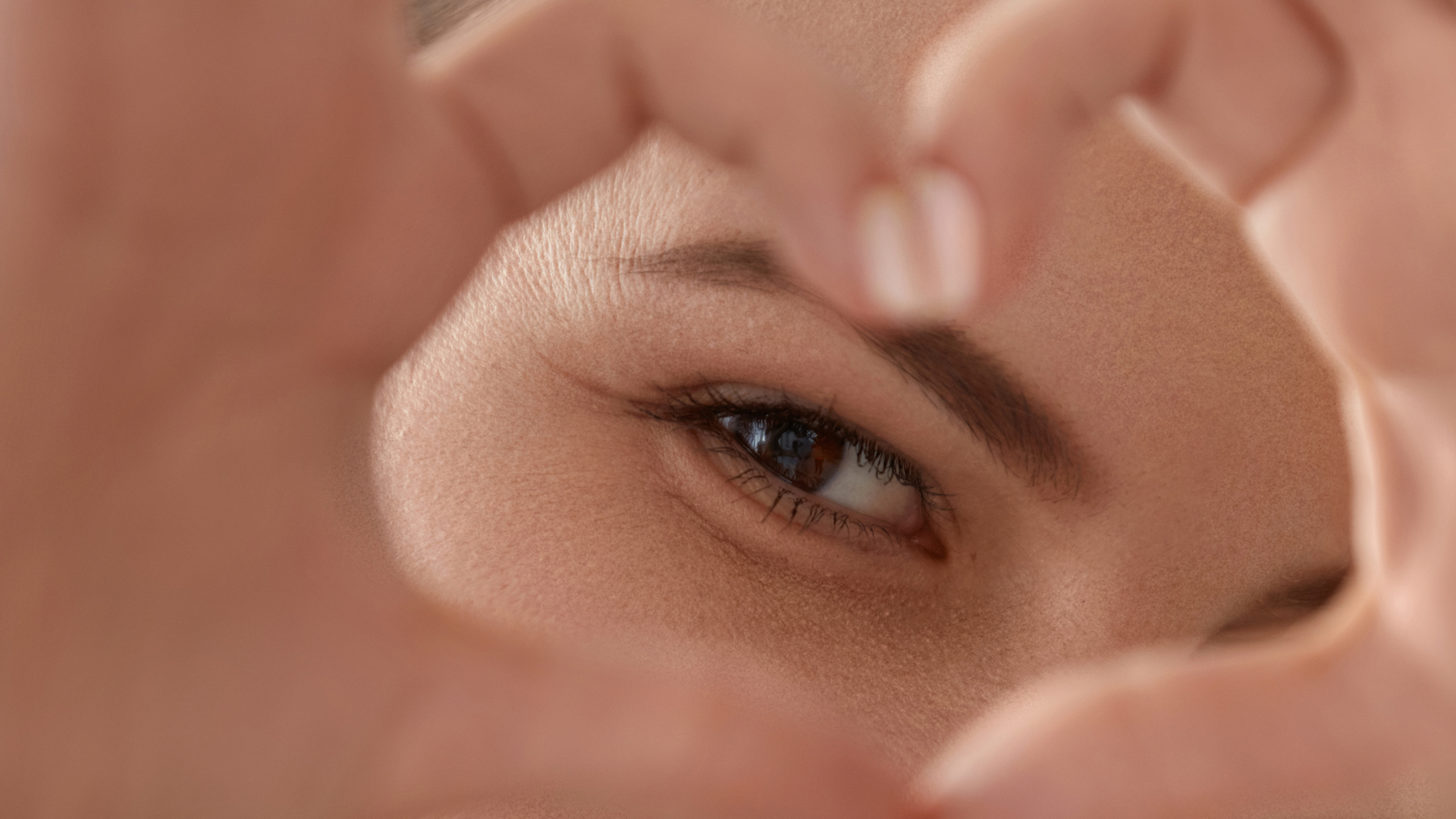By Symphanie Horsford on Jan 30, 2025 @ 09:45 AM
January is a special time of the year dedicated to promoting eye health and raising awareness about glaucoma. Our eyes are one of the most vital organs, and maintaining their health is crucial for overall well-being.
Here are some practical tips to keep your eyes healthy and protect them from conditions like glaucoma.
Key Takeaways
- Engage in daily healthy habits for eye care.
- Protect your eyes and reduce eye strain.
- Understand eye related diseases like glaucoma and how they affect your eye health.
- Get regular eye exams to stay on top of your eye health.
Daily Healthy Habits
Incorporating simple habits into your daily routine can significantly improve your eye health. It is just as important for your eye health as it is your overall health to stay hydrated and eat a balanced diet rich in vitamins, like vitamins A, C, and E. Some extra daily habits that are easy to do include:
- The 20-20-20 Rule: Make sure to take regular breaks from screens, especially if you spend long hours working at a computer. The 20-20-20 rule is a great tool to reduce eye strain. Here’s how it works: every 20 minutes, look at something 20 feet away for at least 20 seconds.
- Get enough sleep: This is a given; but make sure you are also washing all the dirt, grime, and make up around and on your eyes before you go to sleep.
- Day of digital detox: If you can, take a day where you do not look at any screens. This will be a wonderful time to read or go on a walk and play Eye Spy! While it is a fun children’s game, it is also a fantastic way to give your eyes a bit of a challenge.
- Ditch the unhealthy habits: Incorporating good habits won't automatically negate the effects of bad ones. So, it's essential to eliminate poor habits for a healthier and happier life, such as rubbing your eyes or leaving your contacts in You know who you are.
Protecting Your Eyes
There are two light sources you should consider when protecting your eyes. Think of the visible light your eyes interact with daily. UV and blue light can be the biggest sources of light-related strain on your eyes. Sunglasses aren’t just a cute accessory to your outfits but can protect your eyes from harmful UV rays. Ideally, your sunglasses should have UV400 protection to be most effective. Wearing a hat is also an effective way to block the sun from your eyes.
With the increasing use of digital devices, digital eye strain has become a common issue. Adjusting screen settings, using proper lighting, taking regular breaks, and positioning your screen at an appropriate distance can all help reduce strain. Additionally, using anti-glare screens and blue light filters or glasses can protect your eyes from harmful blue light.
Understanding Glaucoma
Glaucoma is a type of eye disease that can cause blindness by damaging the optic nerve which sends images to your brain. It's often associated with increased pressure in the eye. “Open-angle glaucoma” is the most common type. The second type is “acute angle-closure glaucoma.” Both end in blindness if left untreated. While there is no cure, early detection through regular eye check-ups is crucial because glaucoma typically shows no symptoms in its initial stages. If detected early, treatments can slow or prevent vision loss.
The Role of Regular Eye Exams
Regular eye exams are essential for detecting eye conditions like glaucoma early. Even if you don't have any symptoms, an eye exam can reveal underlying issues and help you take preventive measures. It's recommended to have a comprehensive eye exam every one to two years, depending on your age and risk factors.
By following these tips and making eye care a priority, you can maintain healthy vision and reduce the risk of eye conditions. Remember, early detection and prevention are key to preserving your eyesight. You can celebrate Eye Care Month and Glaucoma Awareness Month by taking steps to protect your eyes and spreading awareness about the importance of eye health to your family and friends. As with any health and wellness practice, consistency is key. A little bit of care and precaution today can ensure your vision remains clear and healthy for many years to come.





comments